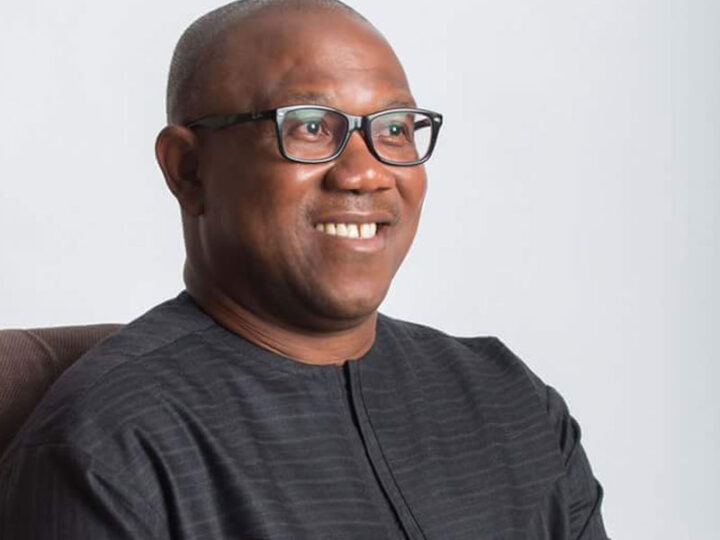BY CHIBUZO ENELAMAH
It is never easy for a founder or CEO to dedicate their entire lives to a company and then consider handing over leadership to someone else. The question of “what happens when I leave?” is probably the most sensitive discussion most business leaders will have during their tenure. Several business leaders shared their personal experiences in business succession during a June webinar hosted by Wealth4Impact called ‘Grooming your Successor: Building African Businesses that Survive Generations’.
The webinar panelists discussed a number of pertinent subjects, each providing a unique perspective emphasising there is no script to get succession right. Yewande Zaccheus, founder and chairman of the pioneering events management company, Eventful, stressed that founders should put values first. Nisaba Godrej, executive chairperson of Godrej Consumer Products in its fourth generation of leadership, warned us that mistakes will happen but that should not stop us from doing what is right for the business in the long term. Eddie Ford Brown, chairman and CEO of Prudential Beneficial Life Insurance in francophone Africa, shared his father’s sound but uncommon approach to succession in the African context: skill before gender and age. Neil Hart, executive head of Mergon Foundation, having worked with scores of business founders, advised us to learn from others but ultimately do what is best for your family context.
When Yewande Zaccheus announced her retirement from Eventful, neither of her two children—who are both also in the entertainment industry—was named as her successor. This came as a shock to a culture that has long prioritised sons over daughters, the oldest over the youngest, and family lineage over all else. But Zaccheus’ path to being a leading businesswoman in Nigeria was not conventional. After investing 18 years in the law and banking industries, she left to launch Eventful in 2002. 19 years later, having built a successful company, she was ready to refocus her entrepreneurial zeal on other endeavours, but she was determined for Eventful to outlive her. Zaccheus chose not to involve her children because she remembers that her father attempted—and failed, to compel her brother into being his successor. So instead, she was more focused on finding the right set of people that would take the business to the next level.
Advertisement
Leading up to this, she made sure to treat her employees like owners. Everyone had access to the figures, and when business was booming, bonuses were considerable. She also gave shares of the company to the three most senior employees before she left. Now, 18 months following the succession, she is still making efforts to push the brand of Eventful, rather than her name.
Eddie Ford Brown, on the other hand, likes to say that he joined the family business due to pressure from his father. He had just graduated from Harvard Business School and was starting a promising career at a well-known record label abroad, when his father, then-CEO of Group Beneficial, flew out to recruit him for the firm. It was a lucrative offer he could not refuse, so Brown moved back to Abidjan, Cote d’Ivoire.
Advertisement
His older brother and sister were already working in the business at this point, but it was soon after Brown’s arrival that his father announced his retirement and named Brown as his successor. It was difficult, but Brown’s father was able to choose a successful second-generation successor by prioritising competence and the health of the company, and implementing a 10-year transitional plan. The business is now entering a global partnership under the name Prudential Group Beneficial. Considering succession from his vantage point, Brown thinks it is best to leave it to the professionals, unless someone in the next generation has the competence and willingness to do it.
Nisaba Godrej has an even stronger view on this topic. As the 4th generation successor of a 125-year-old company, Godrej Consumer Products, she believes that the company is mature enough to move away from the family favouritism that worked well when the company was younger and welcome the separation of ownership and leadership. As a child, Godrej’s father would take her down to the company property every Saturday. She joined its management determined to use her position to change the world. Godrej has grown since to support open dialogue about the difficulties facing family businesses and would rather that her children have the means to pursue their own interests rather than really taking over the company’s management.
Interestingly, Neil Hart, who himself has led many successions, noted that in some cases the family carries the value better than anyone else. Hart recently interviewed 25 CEOs on their exits to author The Magnificent Exit. He narrows down a successful succession to having: the right mindset, right person, right timing, and proactively taking the team with you.
Hart, like many of us, has witnessed the value erosion of several African businesses. This issue might not be unique to Africa, but the cost of unsustainable businesses is personal. Africa needs businesses that will thrive well beyond its founders. Serial entrepreneur Ndidi Nwuneli and development finance professional Eme Essien Lore, co-founders of Wealth4Impact, passionately shared their belief that if business leaders do it right, their organisations will outlive them; if they lay the right structures, they can create a long-lasting impact. Nwuneli and Essien Lore came together because of their shared passion for the power of business and the recognition of Africa’s need for stronger business leadership.
Advertisement
When is the right time to discuss succession? Now. Those conversations may be difficult but putting them off is a risk to the legacy the family aims to create. Wealth4Impact strives to empower and aid successful business owners and professionals who are committed to transforming first generation wealth into multigenerational impact.
Views expressed by contributors are strictly personal and not of TheCable.
Add a comment







